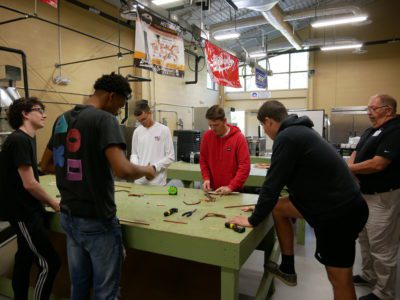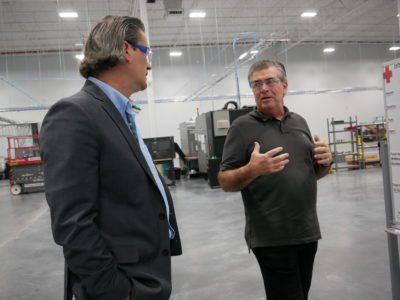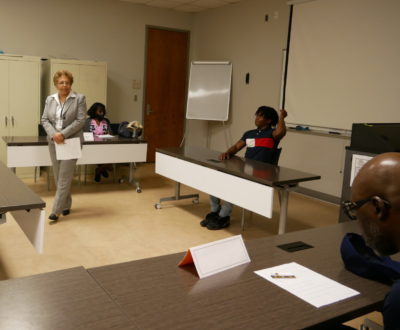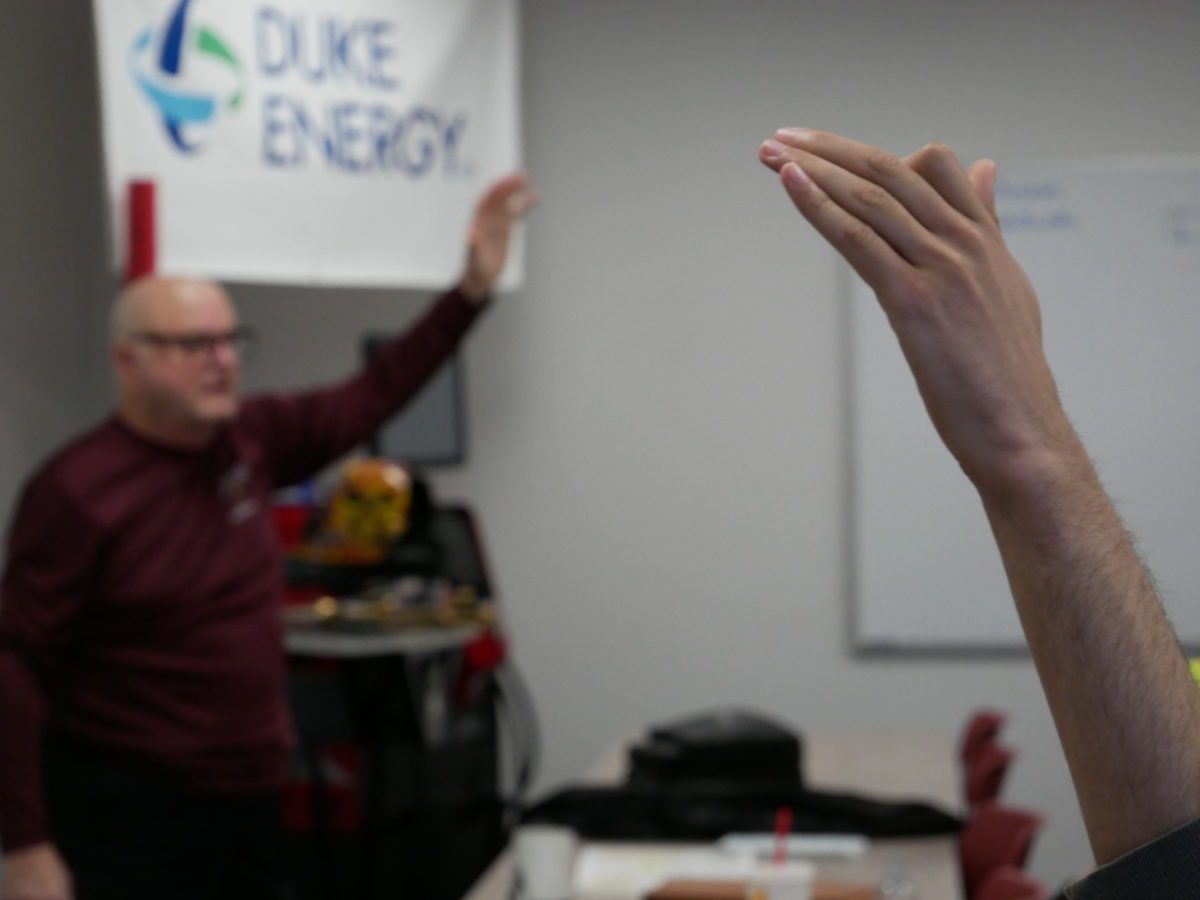

|
|
If you’d like to learn about the ways Sandhills Community College shapes lives, walk down the halls of LKC Engineering, a civil engineering firm in Aberdeen.
Owner Tim Carpenter is a graduate of Sandhills and now sits on the college’s Board of Trustees. John Dempsey, who retires this year after 33 years as president of the college, signed his 1990 diploma.
“Sandhills helped me find my way,” Carpenter said.
After arriving there with pharmacy as a goal, Carpenter took surveying and physics classes that changed his mind. He opened the engineering firm 10 years ago with four employees. The company now has 54 employees, many of whom are Sandhills graduates.
According to a recent economic impact report, the college supports one of every 32 jobs in its service area of Moore and Hoke counties, and in the 2019-20 fiscal year it added $99.3 million in income to the area.
Cy Almas, who works as a designer at LKC Engineering, is one of those graduates. Almas showed up at Sandhills wanting eventually to transfer to N.C. State University. Instead, he decided to earn two associate degrees in architectural technology and civil engineering — to save both money and time, he said.
“I had planned to move to Raleigh and find a job there,” Almas said. Instead, he learned about LKC at a “lunch and learn” at the college.
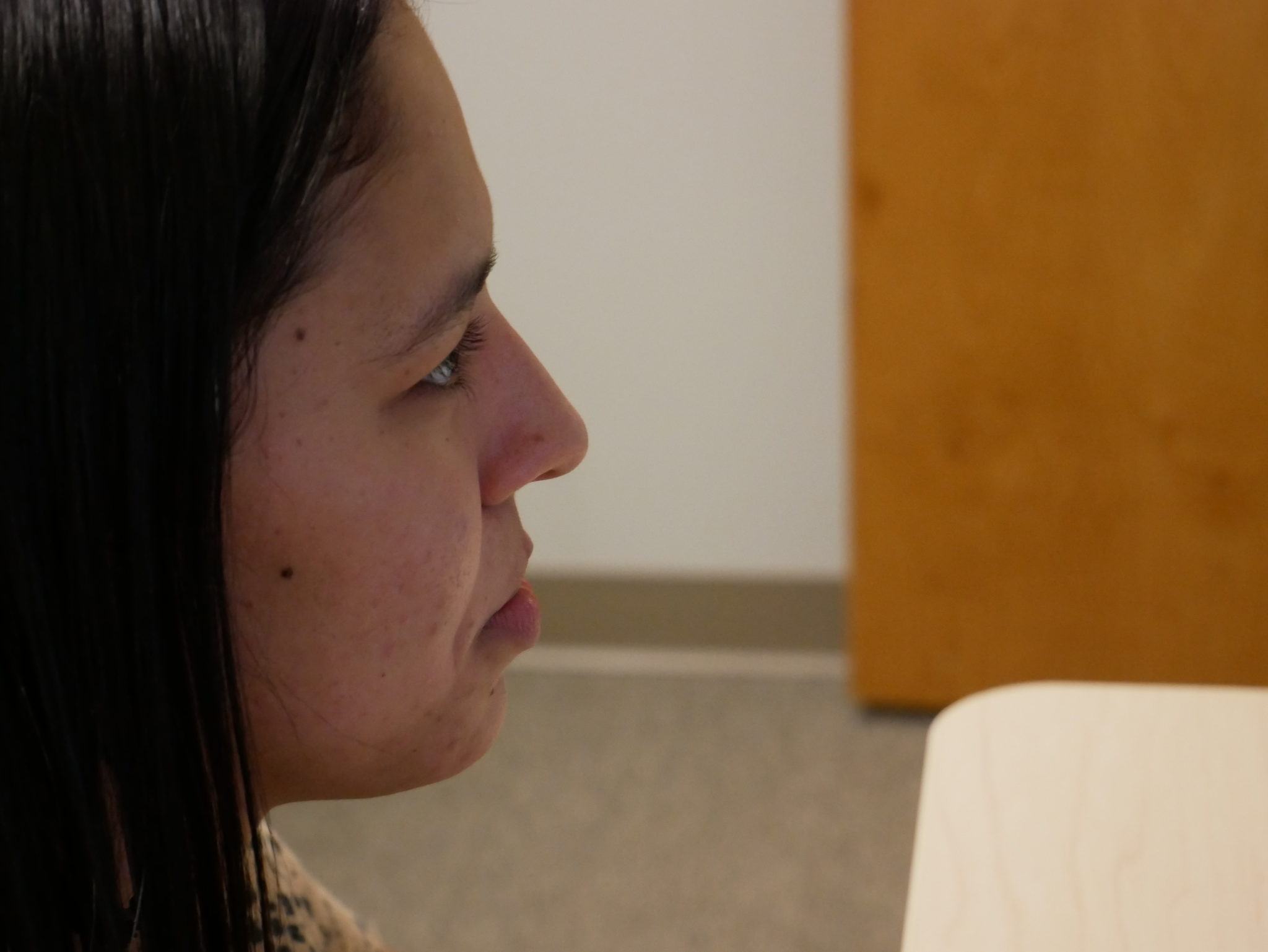

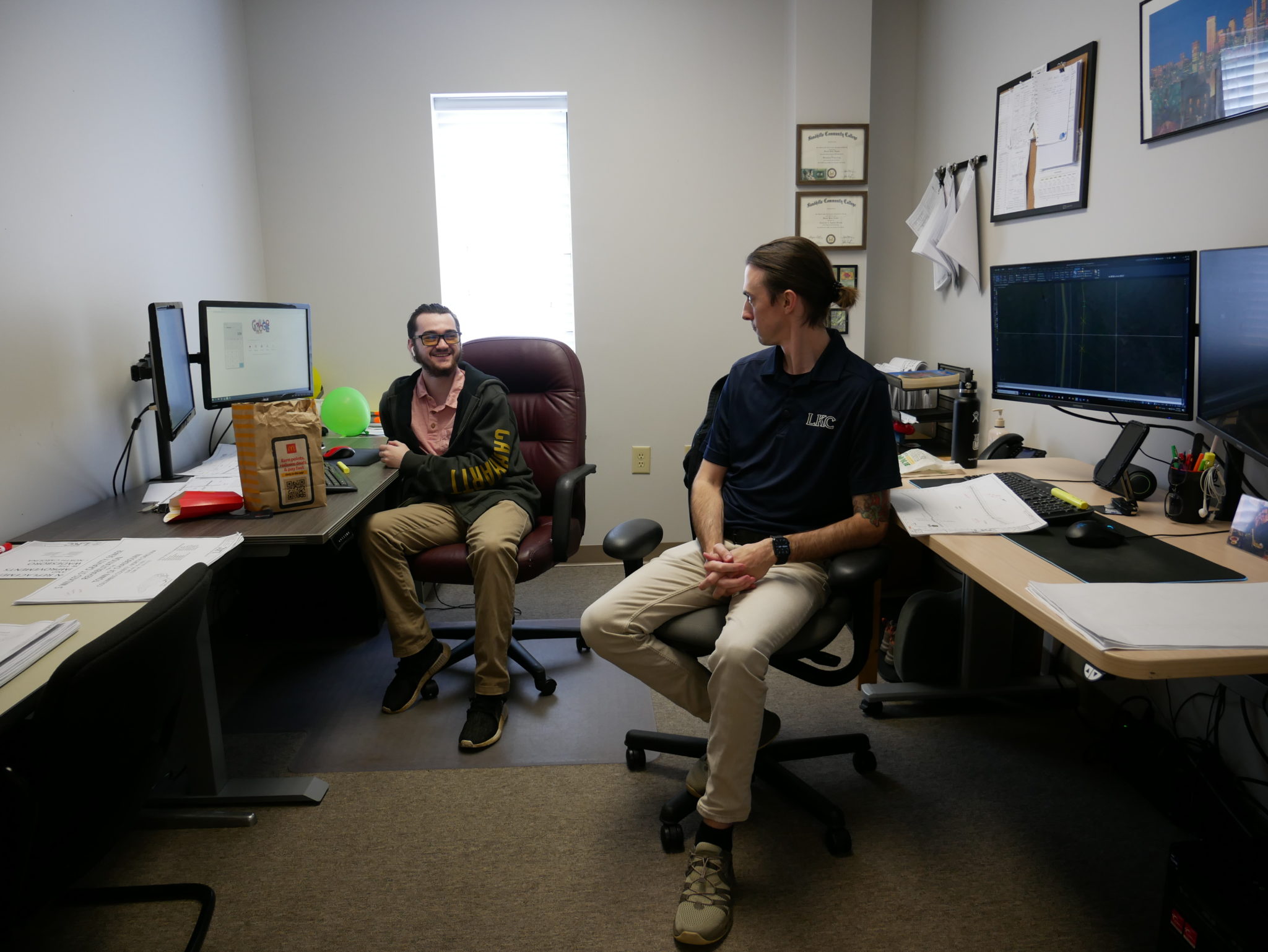

“You don’t just leave and are like, ‘OK, now what?'” Almas said. “They try to get you a job or seated in a position where when you’re done with Sandhills … you have a plan.”
Mya Secenbaugh, a Pembroke native who graduated from Sandhills last year, told a similar story.
“I didn’t know engineering was a thing, because where I’m from everybody does the same stuff,” she said. “I was just going to do a business degree then transfer.”
It was Secenbaugh’s volleyball coach and professor who told her about other options.
“When she told me you can do engineering and graduate in two years and make good money, I said, ‘Honey, hook me up.'”
She also heard about LKC at a “lunch and learn.” She got the job before graduating.
Adapting courses, becoming ‘one college’
Carpenter is looking to hire as many graduates from Sandhills as possible next year, he said. Meanwhile, the college is looking to expand its engineering and geomatics offerings.
“We’re having growing pains,” said Rebecca Roush, senior vice president of academic affairs and institutional planning. “We’re needing to add sections and figure out lab spaces, and so it’s a good problem to have.”
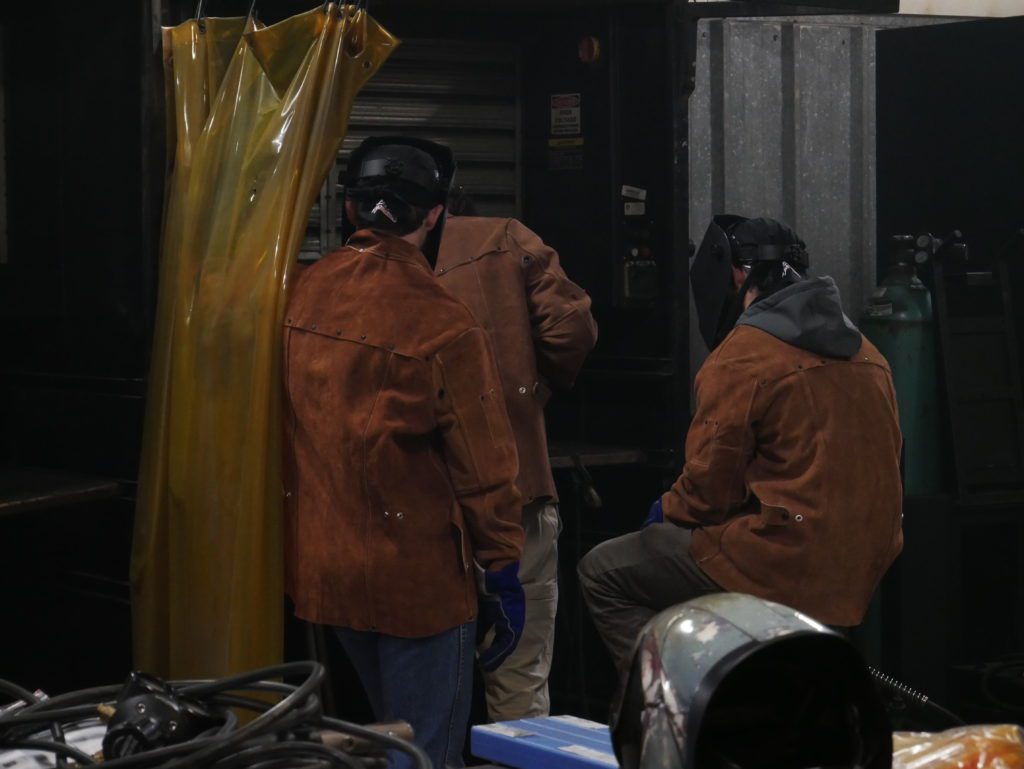

When it comes to adapting to industry needs, Roush said, it’s not just two-year degrees that provide students with opportunities. Continuing education courses are particularly nimble, she said. The college has a goal of “becoming one college,” she said, by bridging collaboration and data collection between curriculum and continuing education courses.
The college was one of the first in the state to open continuing education courses to high school students as well, Roush said. Those courses, in such trades as welding, construction, and manufacturing, have been particularly popular with Hoke County high schoolers, and are growing in popularity in Moore County, too.
These shifts will be important as the workforce changes, said Jared Little, director of advanced manufacturing and customized training at the college.
“There have been some huge manufacturing-related announcements over the last year or so to some counties just north of us, which is certainly going to impact our workforce,” Little said.
Those announcements include a Toyota battery plant to open in Asheboro, a plant for Vietnamese electric car company Vinfast in Moncure, and a facility for semiconductor manufacturer Wolfspeed in Siler City.
“We see it as a big opportunity for the residents of our area,” Little said.
He has been working with economic development organization Partners in Progress and the local chamber of commerce to understand employers’ needs “so that we can make good decisions moving forward,” he said.
‘In the spirit of changing lives’
It’s not just academic offerings that are on the minds of Sandhills leaders. This year for the first time, the campus will offer after-school and drop-in care for elementary-age children in a Boys and Girls Club on campus.
“(The organization) really helps the moms and dads in our community, and hopefully, this will help the moms and dads on this campus,” said President Dempsey.


The model exists at only one other community college in the country, said Taylor McCaskill, director of the college’s transfer center. The idea arose during conversations over lunch that McCaskill had with Fallon Brewington, vice president of continuing education and workforce development — and former CEO of the local Boys and Girls Club.
Thirty-eight children are being served in after-school care, with plans to serve more in structured drop-in services in the evening.
Parents do not have to be students to use the club. In January, a “Sandhills promise” program will launch “in the spirit of changing lives,” McCaskill said. The promise program will cover the tuition for individuals who complete the high school equivalency program.


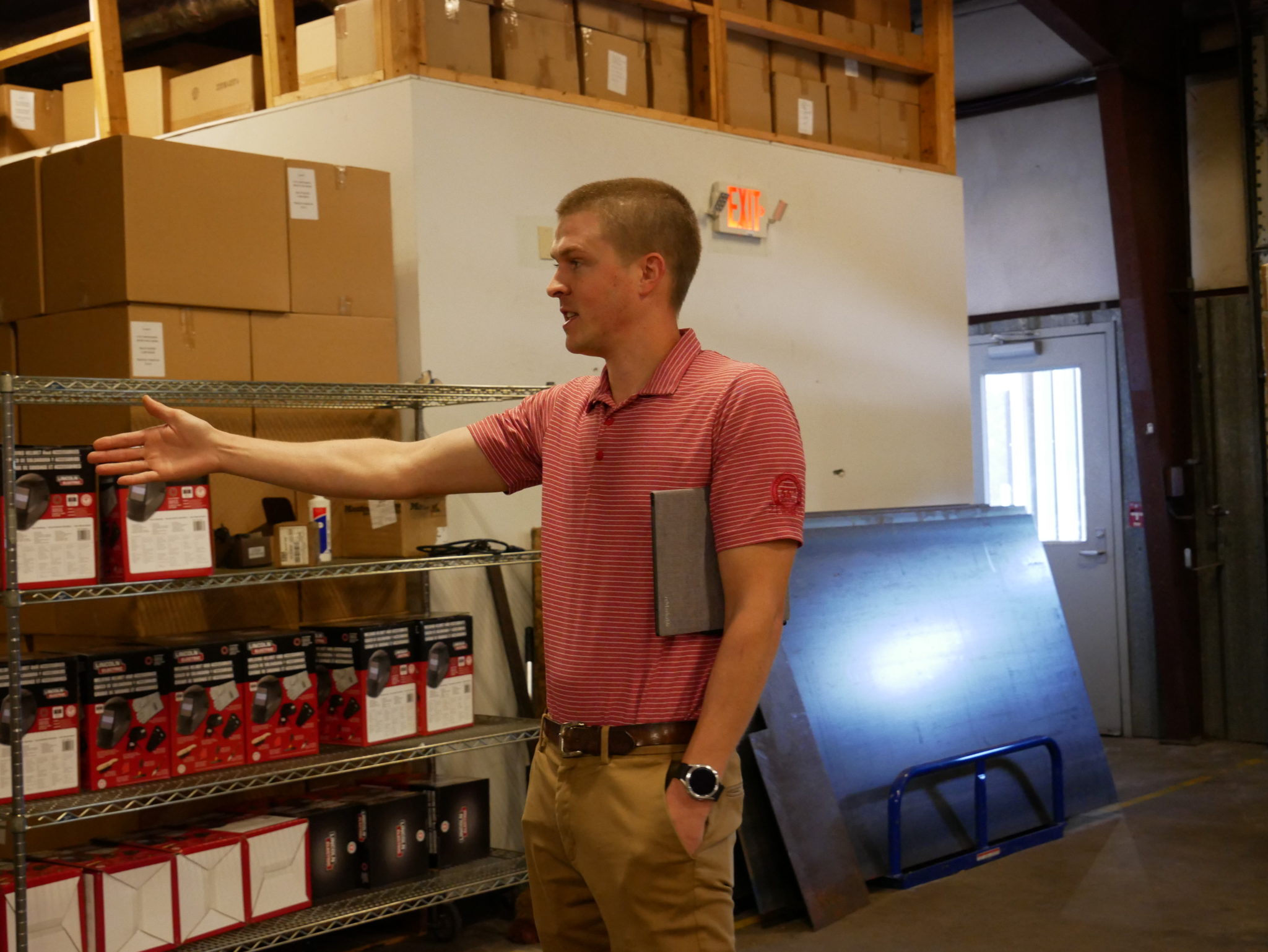

The Boys and Girls Club will help not only current students in need of care during class or studying, it is hoped, but will open the college to a new population of parents who might be interested in coming back to school, McCaskill said.
“We are wanting to impact the community with the idea that a parent who did not even have a high school degree could get the support they needed through this partnership, and have child care provided, and advance their education,” she said. “It’s life-changing.”



